Capture Every Guest Moment

Before the Stay
Connect with guests early across channels to understand their needs, personalize stays, and upsell with AI—before they even arrive.
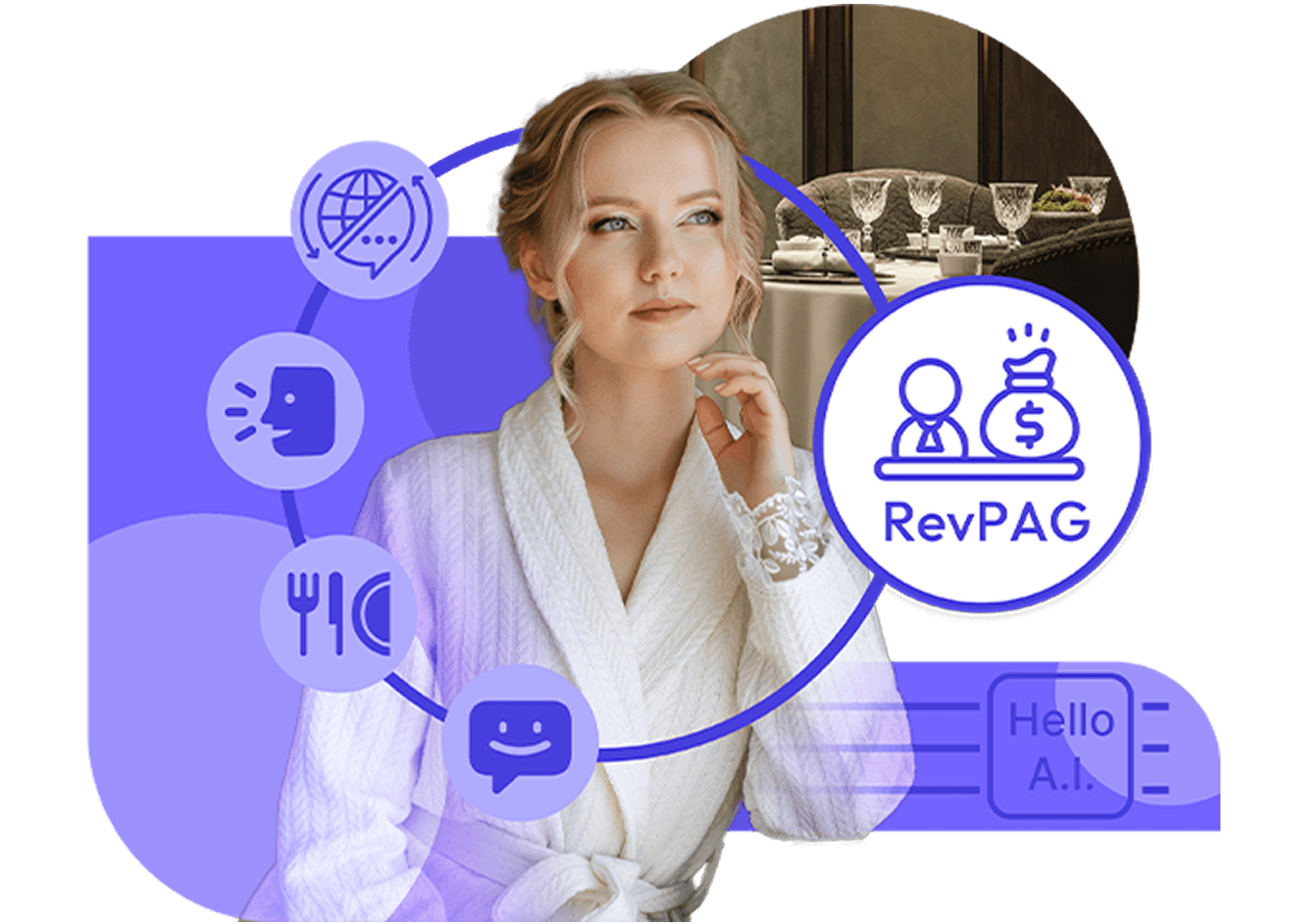
During the Stay
Unite voice, digital, and automation to boost efficiency, overcome language barriers, and drive revenue—freeing staff to focus on service while managers gain insights to optimize strategy.

After the Stay
Check-out is just the beginning. Turn guest data into loyalty and advocacy with insights that drive word-of-mouth and repeat stays—all from one platform.
Reviews on
trusted sources
Don't take our word for it.
Hear it from our customers directly

"With Aiello’s smart service, the guest experience becomes more intuitive, digital, and personalized. While traditional service options remain available, this technology offers guests an additional, seamless way to engage with the hotel based on their preferences..."
Robbert Manussen
Area General Manager Taiwan at InterContinental Hotels Group (IHG)
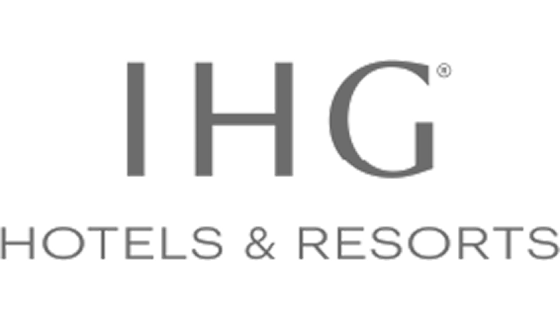

"By embracing Aiello’s AI technology, we’re adopting a data-driven approach that allows us to better understand guest preferences, enabling us to deliver personalized services while unlocking new revenue opportunities."
Saurabh Prakash
Interim Chief Operating Officer & Chief Commercial Officer of MHR, Singapore


"Housekeeping requests are now promptly answered, restaurant reservations are seamlessly managed, and guest preferences are effortlessly recorded – all thanks to AVA’s cutting-edge AI technology."
Pjey Mayandi
General Manager of M Social Phuket, Thailand
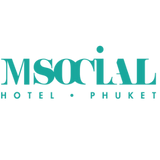
Trusted by Leading Hotels Worldwide

.png)


.png)




.png)
.png)



.png)
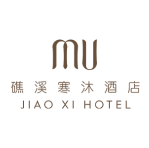


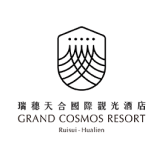


.png)

.png)



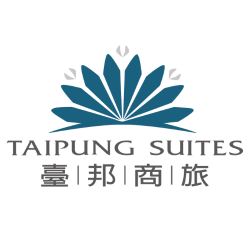
Aiello x Millennium Hotels & Resorts
Key Stats
Deployed Countries
9
Rooms
20k+
YoY Growth
3x
Voice Enquiries
